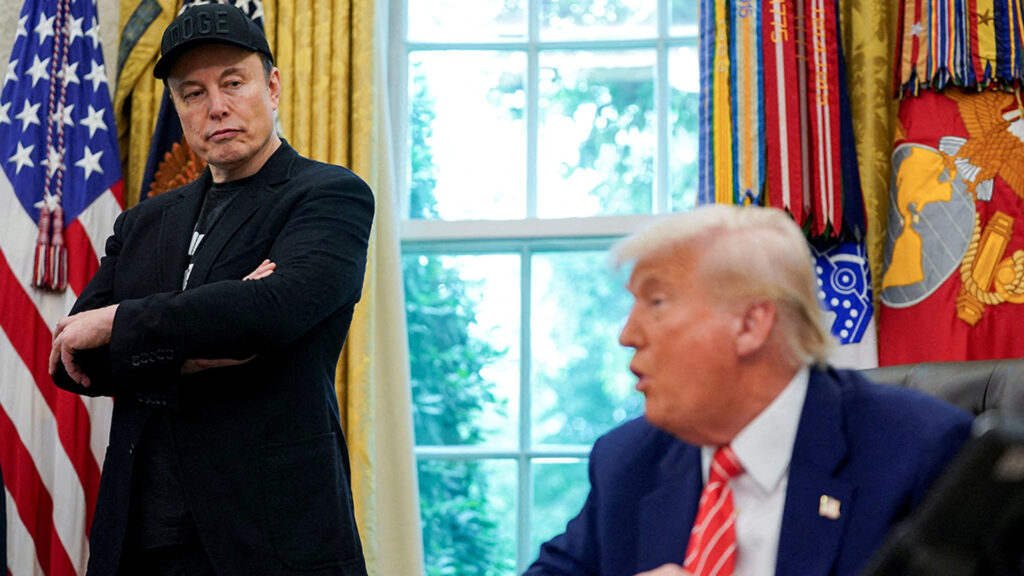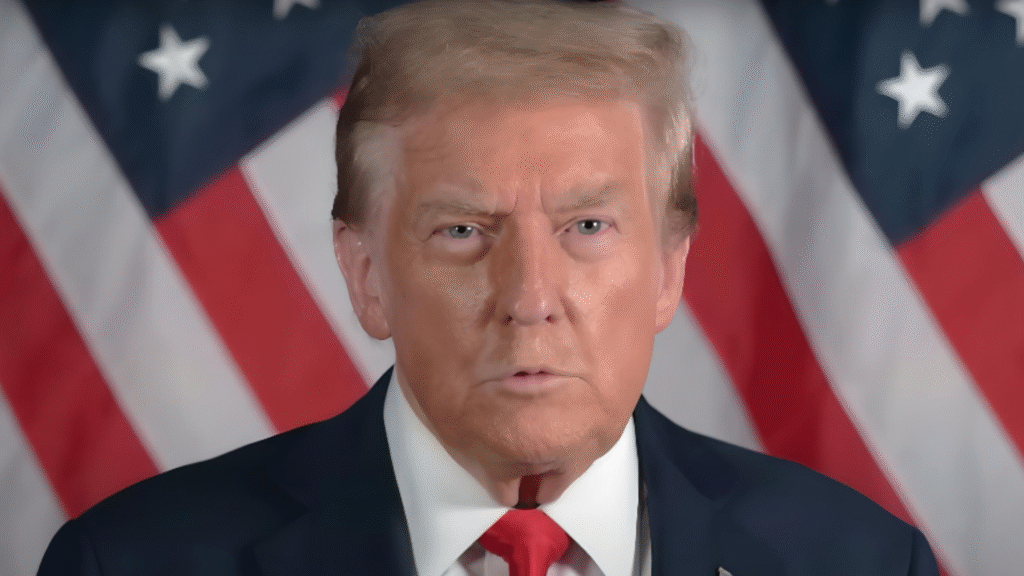July 1, 2025. One of the most high-profile political and business conflicts of the last decade has escalated to the breaking point. President Donald Trump and business magnate Elon Musk have entered into an open verbal duel, with not only billions of dollars in contracts and subsidies at stake, but also the fate of one of the largest technology giants of our time.
It all started with harsh criticism of the “One Big Beautiful Bill” initiated by the president’s administration in his second term. Musk, who left his post at the government agency for reducing budget spending, sharply condemned the document, calling it a “fiscal disaster” and “institutionalized corruption.” He claims that the document will turn the economy into a “black hole of debt,” adding up to $5 trillion to the deficit over a decade.
The response was immediate. The president said that without government support, Musk’s business empire would allegedly collapse like a house of cards. “He gets more help than anyone in history. If you stop that support, Musk will go back to where he came from,” Trump said sharply, hinting at South Africa, where the entrepreneur was born.
A personal war disguised as an economic dispute
Although the conflict ostensibly concerns budget policy, it clearly reveals a personal rivalry. In 2024, Musk made the largest private contributions to Trump’s presidential campaign — about $300 million. However, today he has not only distanced himself from the president, but has actually joined the opposition, supporting calls for impeachment and hinting at the administration’s links to high-profile criminal cases of the past.
The president, in turn, criticized Musk for interfering in political and personnel decisions — from the appointment of the head of NASA to attempts to introduce the Starlink system into air traffic control. This proposal was rejected, prompting accusations of a conflict of interest. Musk, however, claims that it was solely about improving efficiency and reducing costs.
Risks for the business, but not for the brand
The president’s words affected the market: Tesla shares plummeted 14.3% on June 5, the biggest drop in three years. However, the next day, the stock began to recover. Analysts believe that the market sees this not as a collapse, but as a temporary political storm. Moreover, the public confrontation may even strengthen Musk’s image as an independent leader who is ready to challenge any authority.
Interestingly, despite the threats, the president later tried to smooth things over. In an interview, he called Musk a “talented guy” and even acknowledged that he “simply does not believe in the effectiveness of some government programs.” Many perceived this statement as an attempt to defuse the conflict, given how closely the state is linked to SpaceX and Starlink projects, especially in the defense sector.
What’s next?
The open rift between the president and the country’s biggest innovator could have far-reaching consequences. It’s a blow to the image of technological independence, as well as a signal to all entrepreneurs: political loyalty can be just as important as innovation and efficiency. The question is who will win this battle — the system or the individual, power or ideas.
Right now, Musk seems ready to risk everything for his principles — or for the image of a man who cannot be bought with subsidies. Trump, as before, is betting on control, loud statements, and maximum pressure. Their confrontation is just beginning, and the world is watching it not with curiosity, but with concern.



